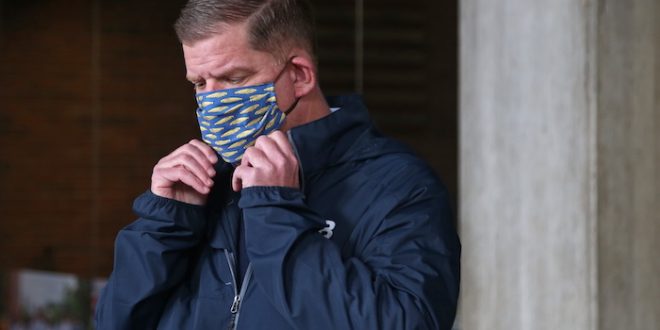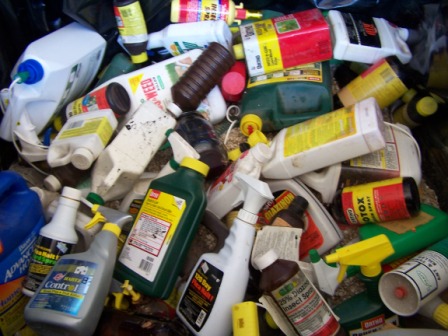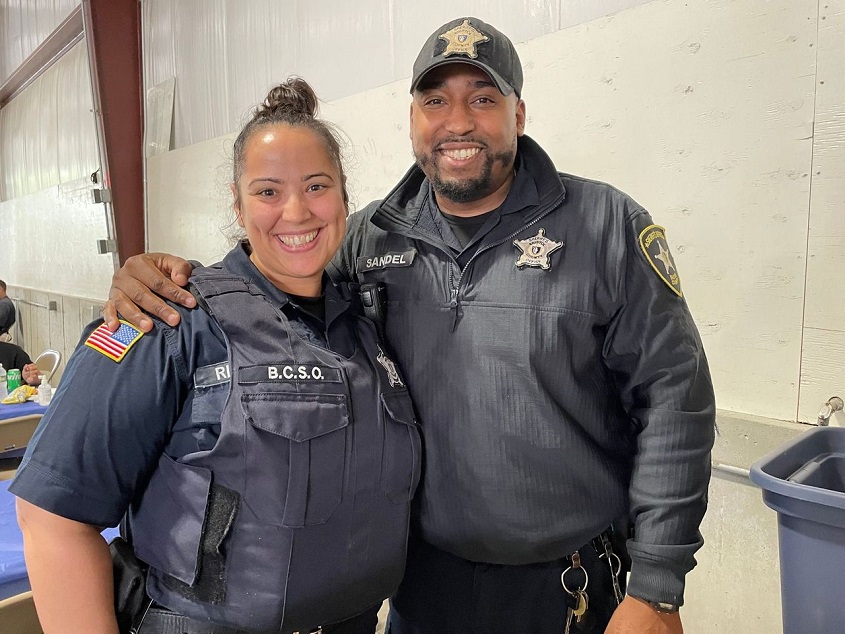Chris Lisinski
Katie Lannan contributed
State House News Service
The Boston Marathon has been run in some form every year since 1897, withstanding the 1918 influenza pandemic, two world wars and other disruptions. But with the state’s path through the COVID-19 era still uncertain, the marathon will not take place in 2020.
During a wide-ranging press conference that included hints about restaurant reopenings and an announcement about expanding roadway spacing, Boston Mayor Martin Walsh announced Thursday that the marathon, previously postponed from April 20 until Sept. 14, will be outright canceled this year.
The historic first underscores how long the road to the new normal will be for Massachusetts.
“We’re putting our own health and other people’s health before our own celebration, our own enjoyment of these events,” Walsh said. “Right now, the best celebration we can do to each other is respecting each other and supporting each other and not spreading the virus.”
Officials had hoped that delaying the marathon about five months would buy enough time to conduct it safely, but Walsh said he became convinced it is “less and less plausible” because of how long the post-peak tail of infection has been and because of the lingering threat of a second surge in COVID-19 cases between August and October.
“There’s no way to hold this usual race format without bringing large numbers of people into close proximity,” he said. “While our goal and our hope was to make progress in containing the virus and recovering our economy, this type of event would not be possible or realistic on Sept. 14 or any time this year.”
Restaurants and other tourism-centric businesses, many of which are already under enormous strain, will take another hit from the cancellation. Walsh estimated that marathon weekend typically draws about $200 million into the regional economy.
Boston Athletic Association CEO Tom Grilk said the organization will issue refunds to all registered runners, and when it opens the field for the 2021 Marathon, it will consider qualifying race times as far back as September 2018.
The BAA will conduct a “virtual marathon” between Sept. 7 and 14, making available online panels and a “printable finish line.” Any runner who completes 26.2 miles within six hours during that span and can provide proof of time will earn a medal, a t-shirt and a runner’s bib.
During a separate press conference later on Thursday, Gov. Charlie Baker said the city and the BAA “made the right decision by erring on the side of caution.”
“We’ve all concluded that — and I know this is not the answer anybody would want to hear — that for the time being, we are better off being careful and cautious when it comes to really big events like that,” he said.
Baker filed a bill (H 4571) to designate Sept. 14 as a state holiday after the race was postponed on March 13, but neither the House nor Senate moved to vote on it in the ensuing months.
The marathon cancellation comes as the state continues its early steps toward reviving public activity. The resumption of full, large-scale recreational activities will not get approval to resume until the fourth phase of the Baker administration’s plan, during which officials hope to have a COVID-19 vaccine or treatment available — a milestone that may be months or more than a year away.
“Nothing close to old normal routines will be possible until a vaccine or an effective treatment for COVID is ready,” Walsh said Thursday.
State officials have indicated that restaurants could expand beyond takeout and delivery operations starting in the second phase, when lodging could also reopen with safety precautions in place.
Baker’s team tapped a separate group to craft recommendations for those industries, and Walsh said Thursday that he expects those guidelines to surface as soon as Friday.
“We’re working with the state right now waiting for the state to finalize the guidelines,” Walsh said. “We’re expecting probably within the next 24 hours, we’ll know from the state, whether indoor (dining), outdoor or both.”
The city has been studying how to make outdoor, socially distant dining more feasible once restaurants get the go-ahead, and Walsh said 264 establishments expressed interest in placing seating on sidewalks or parking lanes.
Asked about closing entire streets to make space for dining al fresco, Walsh said he has some concerns with shutting down major thoroughfares but wants to consider the matter on a case-by-case basis.
“Every option’s on the table,” he said.
Other states have opened rights-of-way they control to restaurants during the COVID era to help space out patrons during warm-weather months.
Walsh also announced a framework for employers in the city, who can begin hosting employees in physical offices on June 1, as long as they cap capacity at 25 percent.
The range of recommendations include limiting elevators to four people at a time, naming a workplace COVID-19 coordinator, placing markers of six-foot distances in all high-traffic areas, and regularly disinfecting public spaces.
Boston businesses should instruct all employees and visitors to cover their faces unless they have a medical condition or disability, and the employers should provide facial coverings to workers, Walsh said.
Over the next few months, the city also plans to implement changes on its streets aimed at ensuring residents can practice social distancing.
Boston’s Transportation Department starting in June will expand bus stops at 10 locations, such as Broadway Station and the northbound Hynes Station stop. Workers will also build new bike lanes to connect the downtown area to other parts of the city.
“As we move through this next reopening phase of COVID-19, it’s incumbent upon all of us to make sure we can get it right,” Walsh said. “The impact of a second shutdown on our economy could be even more devastating than the first.”
 New Bedford Guide Your Guide to New Bedford and South Coast, MA
New Bedford Guide Your Guide to New Bedford and South Coast, MA









